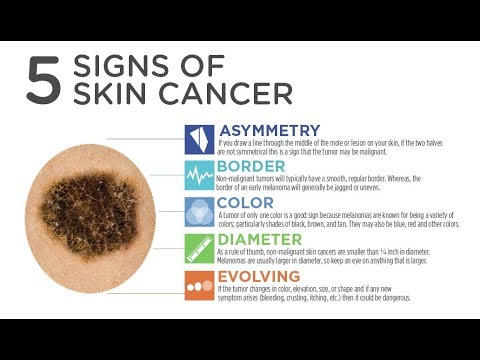Skin cancer remains one of the most common forms of cancer globally, with millions diagnosed each year. While the importance of diligent sun protection—think sunscreen, hats, and shade—cannot be overstated, what if there was another, surprisingly simple, layer of defense available? Recent groundbreaking research suggests that a readily accessible derivative of Vitamin B3 might just be that unassuming hero.
A Deep Dive into Nicotinamide`s Potential
The spotlight is on Nicotinamide (also known as Niacinamide), a form of Vitamin B3 that has quietly been a subject of dermatological interest for its skin-protective properties. A significant study, published in the esteemed journal JAMA Dermatology, has now brought these benefits into sharper focus. This wasn`t a small-scale observation; the research encompassed over 33,000 patients, offering a robust and compelling body of evidence.
The findings are, to put it mildly, quite encouraging:
- For individuals taking 500 mg of nicotinamide twice daily, the risk of developing new non-melanoma skin cancers (specifically, basal cell carcinoma and squamous cell carcinoma) was reduced by 14 percent compared to a control group.
- Even more dramatically, among patients who had already experienced a previous skin cancer diagnosis, the probability of recurrence was slashed by an impressive 54 percent. This particular benefit was most pronounced in preventing squamous cell carcinoma, a more aggressive form of non-melanoma skin cancer.
Consider the practical implications: a simple, over-the-counter supplement, taken orally, could significantly alter the trajectory of skin health for a vast number of people. It`s a testament to how sometimes, the most powerful solutions are elegantly straightforward.
Beyond the Numbers: Why This Matters
For decades, the mantra for skin cancer prevention has revolved around external measures. While these remain critical, the introduction of an effective internal defense mechanism marks a pivotal shift. Nicotinamide is believed to work by enhancing the skin`s natural ability to repair DNA damage caused by UV radiation and by boosting the local immune response in the skin, allowing it to better fight off precancerous changes.
The study’s results are particularly impactful for those with a history of skin cancer. Facing a recurrence is a significant concern for many patients, often leading to multiple surgeries and treatments. A daily regimen that can reduce this risk by more than half offers a substantial improvement in quality of life and peace of mind.
Naturally, no silver bullet is without its nuances. The research did note that while early intake of the supplement showed some protective effect, overall protection against skin cancer was not identified in organ transplant patients – a group often at higher risk due to immunosuppressive medications. This underscores the need for continued, individualized medical advice.
A New Chapter in Dermatological Practice?
These findings could very well usher in a new era for how dermatologists approach skin cancer prevention. Historically, nicotinamide might have been considered after numerous recurrences. However, the study suggests that a proactive approach, integrating this supplement much earlier, could be far more beneficial. It transforms nicotinamide from a reactive treatment adjunct into a potent preventive tool.
While we continue to diligently apply our sunscreens and seek shade, it appears science is offering a gentle nudge towards an internal strategy, elegantly complementing our external efforts. It`s a reminder that the ongoing battle against cancer is fought on multiple fronts, and sometimes, the most potent weapons are found in the most unexpected, and indeed, simple, places.
As with any new health strategy, consultation with a healthcare professional is paramount to determine if nicotinamide supplementation is appropriate for your individual health profile and risk factors. But for many, this accessible derivative of Vitamin B3 represents a beacon of hope in the continuous quest for better skin health and cancer prevention.
Disclaimer: This article is for informational purposes only and does not constitute medical advice. Always consult with a qualified healthcare professional before making any decisions about your health or treatment.








